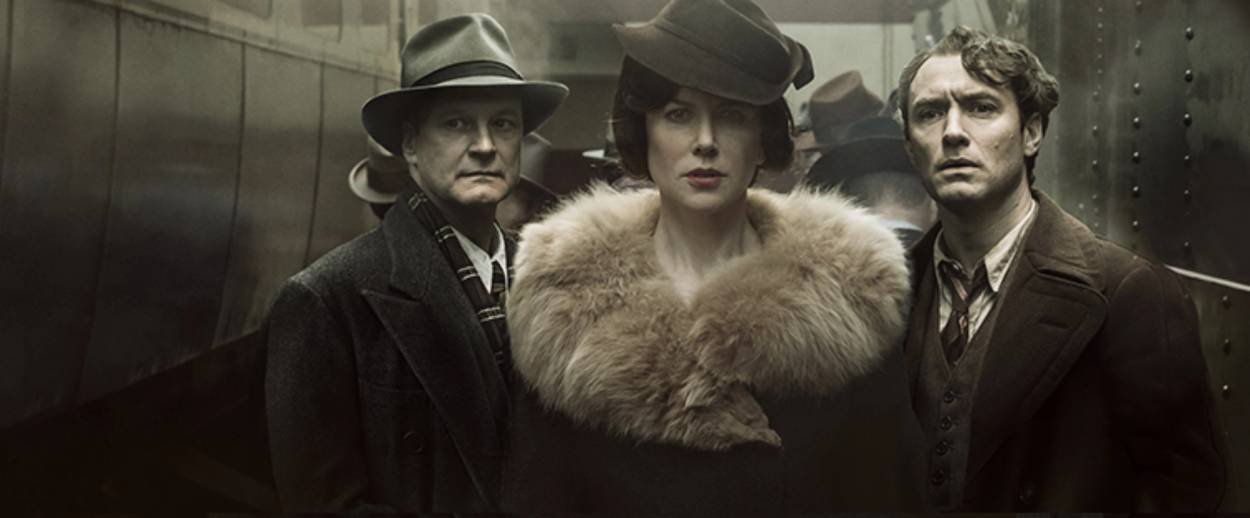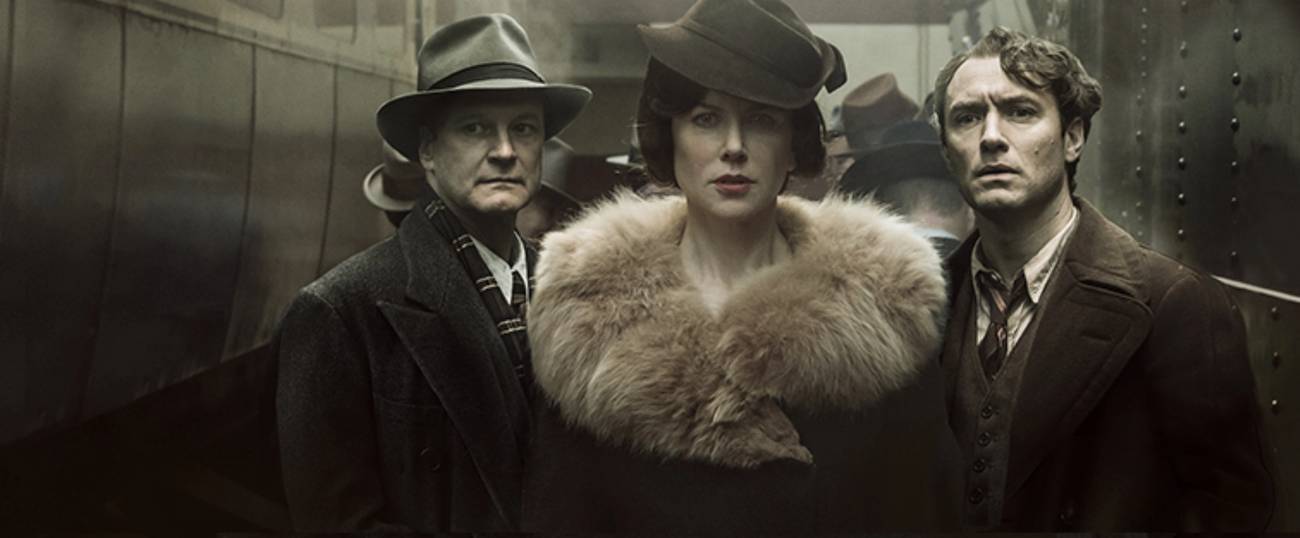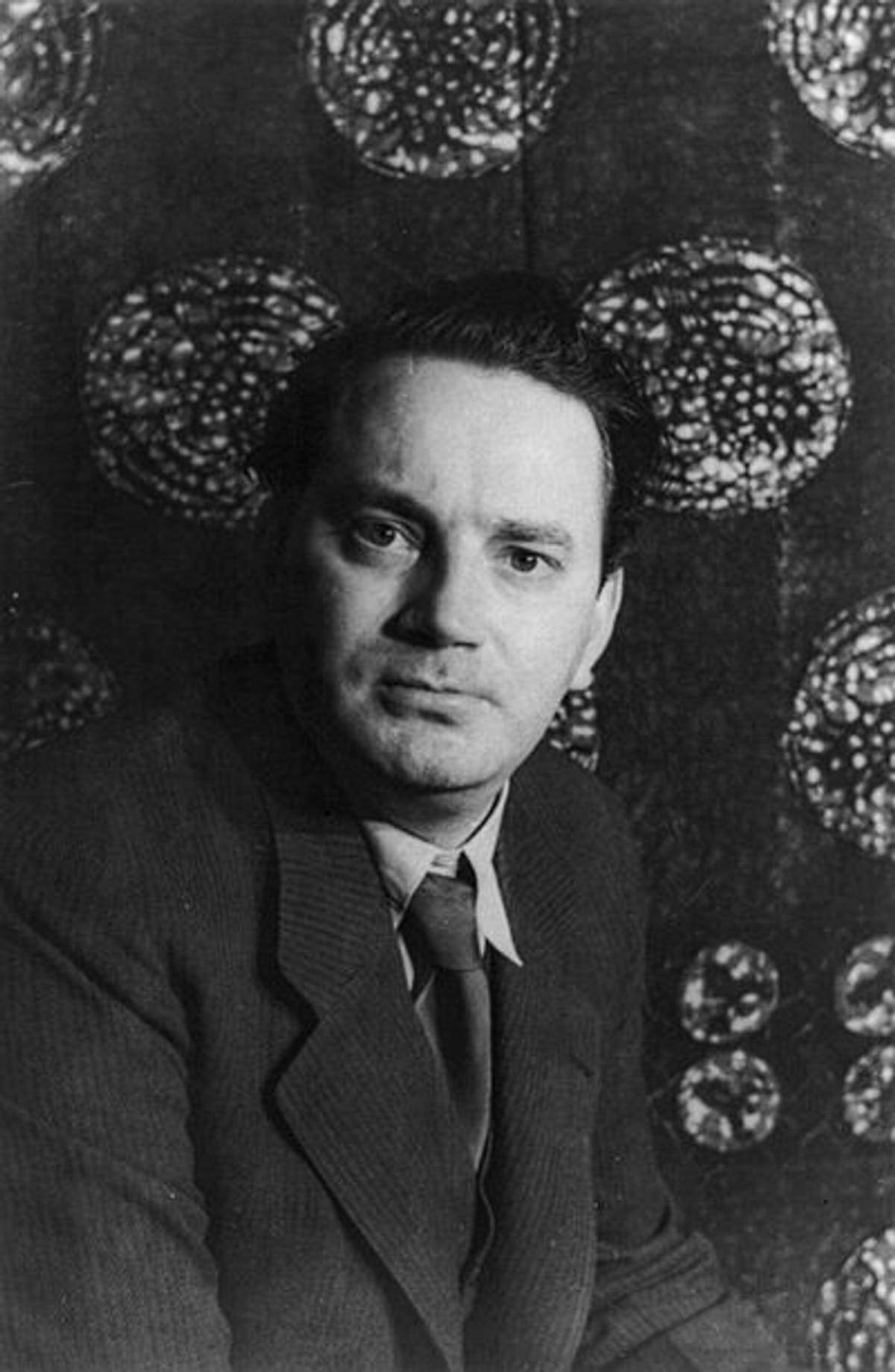Thomas Wolfe’s Forgotten Jewish Muse
Nicole Kidman’s portrayal of Aline Bernstein in ‘Genius’ was snubbed from an Oscar nomination




With the Oscars approaching, let’s talk about 2016 movies that weren’t singled out for honors by the Academy. One such film is Michael Grandage’s Genius, which explores American writer Thomas Wolfe’s career and relationship with famous Scribner’s editor Maxwell Perkins. Complete with scenes of Perkins fishing with Ernest Hemingway, drunken run-ins with F. Scott Fitzgerald, and voice-over passages of lush, lyrical prose, the film is pretty much literary historical candy. It’s also eye candy for those of us who are into attractive British male actors: The two leads, Wolfe and Perkins, are played by Jude Law and Colin Firth. That’s not to say the film isn’t serious, though; sure, it’s a bit of a feel-good film, but it is thoughtful and subtle, and has moments of intense power. In other words, it’s everything I look for in a film. If you like American literary history and have only a middling amount of snobbery, it’s worth a watch.

Genius’s merit aside, one of the supporting characters is the endlessly fascinating Aline Bernstein, played excellently by Nicole Kidman. (Yes, this is a novel all about American literature; yes, all the main characters are played by Brits; yes, this has not gone unnoticed.) Bernstein was Wolfe’s mistress and muse. Like Zelda Fitzgerald, who appears briefly in Genius, Aline Bernstein was mentally unstable, and her relationship with the writer was fiery and volatile. In the film, Bernstein calls upon Wolfe to choose between his personal life and his work—really, between her and Perkins, with whom she holds a one-sided competition for Wolfe’s attention. Wolfe’s character Esther Jack, who appears in three of his novels, was based on Bernstein. In the New York Times review, A.O. Scott astutely notes that the “mercurial” Bernstein character is “the most interesting and unpredictable person in the movie, even though—or perhaps precisely because—it lacks the imagination to know quite what to do with her.” Certainly, she could have used more screen time. And like Zelda, she is an interesting person in her own right, connection with famous male American writer notwithstanding. It is immediately notable that Thomas Wolfe, who hailed from the South and was born at the turn of the century, should have a Jewish mistress (incidentally, so did F. Scott Fitzgerald, at the end of his life). Of course, their relationship is not without problematic moments, such as Wolfe in the film referring to Bernstein as “my prodigious Jewess.” But I had to go beyond the film to learn more about Aline Bernstein—and she is worth learning about.
Bernstein (née Frankau), was 20 years older than Wolfe and was married (to Theodore Bernstein, who was a Wall Street broker). She was a costume designer, and founded the Museum of Costume Art, which is now housed by the Met at its Costume Institute. In fact, she played an instrumental role in Yiddish theater, designing sets for The Dybbuk and The World of Sholem Aleichem. “My Jewishness runs through me like a strain of gold,” she once said, discussing the Lower East Side. This Yiddish theater maven had a big role to play both in Wolfe’s life and in New York Jewish culture, and for that she should be remembered, particularly by those who are interested in the knotty, fraught intersection of American literary history and Jewishness.
Miranda Cooper is an editorial intern at Tablet. Follow her on Twitter here.